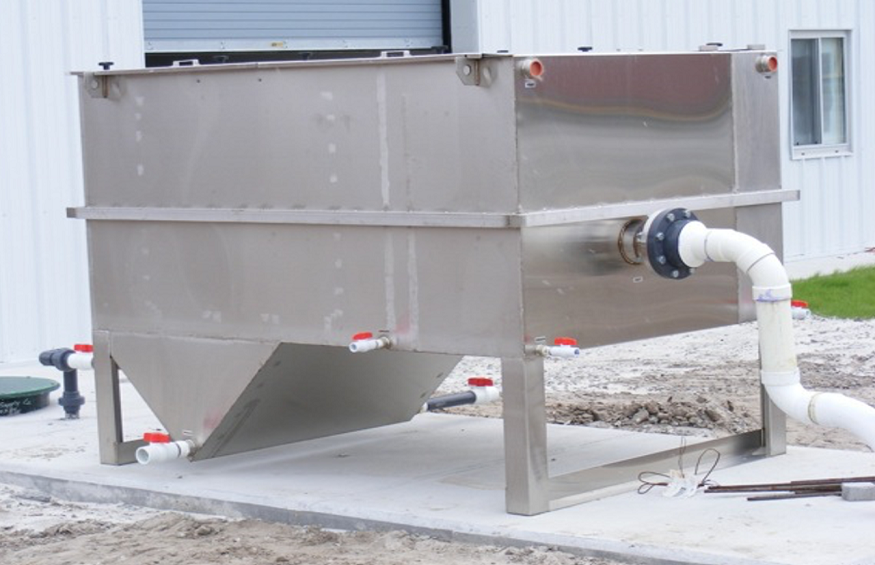During air compression, dust, and water molecules get mixed in with the hot oil used as a lubricant. The contaminated condensate that results is a costly byproduct of compressed air use and must be appropriately managed. This is where an oil-water separator comes in. This device separates the oil from the water to be disposed of safely and routed into the sewer system.
Environmentally Friendly
Using oil water separators North Carolina helps the environment by ensuring you don’t dump any oils in a body of water. Oils are among the worst contaminants for water ecosystems because they choke off oxygen supplies to plants and animals that live in them. When wastewater flows into the oil water separator, it passes through a series of chambers where the velocity and turbulence are reduced. This allows the heavier-than-water solids to settle while oil droplets rise to the water’s surface, which can be skimmed off or routed to a separate holding tank. This makes the whole process more environmentally friendly than it would otherwise be. Plus, by removing the oil, you can recycle it or sell it for other uses, leading to a better bottom line for your business. It also helps you comply with the local environmental laws by reducing the amount of waste dumped into bodies of water.
Cost-Effective
Oil water separators are a necessary part of many industrial wastewater treatment systems. They can also help businesses save money in the long run by reducing the amount of wasted water. The separators work by separating the oil from the water based on gravity. This allows the heavier sludge to fall to the bottom and the oil to rise to the top, which can then be skimmed off for disposal. The clean wastewater moves along for further treatment and can be reused in different processes. Many types of separators are available for different applications. Some are simple and inexpensive, while others can be more expensive to maintain. Regardless of the type used, however, the separators can significantly reduce the risk of environmental contamination and improve efficiency in the workplace. They can also help businesses meet strict environmental standards and avoid costly penalties. In addition, they can enhance a business’s reputation by showing that it takes its environmental responsibilities seriously.
Reduced Maintenance
The wastewater flows through a filter to separate the most significant solids. It then passes through a vertical tube coalescing pack. This is where gravity works to target the oil based on Stokes Law, which states that oil drops are lighter than water and, therefore, rise to the top of the separator. The sludge and heavy solids fall to the bottom, while clean wastewater is channeled into the sewer system. The oil-water separation solution (OSS) is easy to install, use, and replace and requires minimal space. It also eliminates the need for a third-party condensate collection, cutting costs. It also helps companies comply with environmental and EPA regulations on water contamination caused by air compressors. It’s important to remember that the OSS is designed as a preventive measure for potential environmental damage caused by air compressors. It prevents the contamination of drinking water and the EPA from requiring costly spill-response intervention and helps cut down on energy costs for air compressor operations.
Increased Efficiency
While different separators vary in design, the operating principle is similar. They are designed to allow oil and water to separate based on their density differences. This allows sludge and heavier solids to settle to the bottom and the oil to rise to the top. This leaves additional wastewater that can be filtered or funneled to a waste treatment facility. This process helps to reduce contamination of the water supply. It also reduces the amount of time and energy that is required to clean the oil water. In addition, it is environmentally friendly and helps businesses save money. This is why most companies rely on these machines, including commercial kitchens, mining workshops, and service stations. These systems are the best way to ensure that all of the oil in a workplace is separated from water. It is crucial to remove any remaining oil to prevent contamination of the environment. Using a separator also helps you maintain the integrity of your equipment and facilities.

